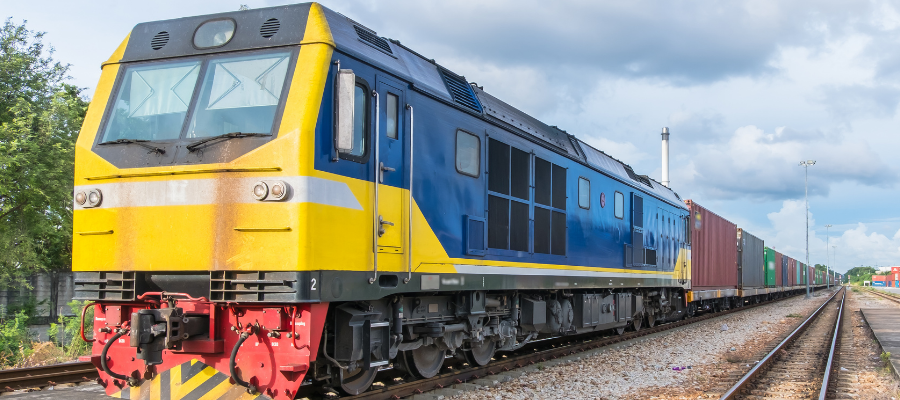🕒 Article read time: 2 minutes
Decarbonising transport – the importance of collaborative working

With the 2021 United Nations climate change conference (COP26) fast approaching, decarbonising all aspects of the UK economy – including freight transportation – is a key priority for both the logistics industry and government.
In July 2021, the government released the Transport Decarbonisation Plan, which outlines its strategy to decarbonise all modes of domestic transport by 2050. Below is an overview of two key areas in the plan.
CONSULTATION ON ENDING THE SALE OF DIESEL HGVS
The government is proposing that from 2035, all new HGVs below 26 tonnes should be at zero tailpipe emissions, and by 2040, all those above 26 tonnes. While alternatives to diesel HGVs are not a common sight on our roads at present, they are in development and technologies are evolving rapidly in this space. For example, at the Innovation & Technology in Transport (ITT) Hub event, held in May 2021, manufacturers were showcasing a wide range of low carbon vehicles, including Volta Trucks, which has produced the first purpose-built full-electric truck specifically for inner city freight distribution and delivery. Manufacturers are making great progress – incentivised in part by the government’s deadlines – and this will enable logistics businesses to trial these technologies and decide which solution works best for them.
“Industry must focus on working collaboratively to find solutions and tackle the challenges logistics is facing on its route to net zero,” said Mags Simpson, Logistics UK’s Head of Policy Engagement,
“Logistics UK and its members are proud to be taking this collaborative, proactive approach.”
MULTIMODAL MATTERS
The government is seeking to increase the use of rail, cargo bike and inland waterways for freight transport, and will introduce a specific rail freight growth target. A consultation has also been published on achieving net zero aviation by 2050 and the government has said it will set out indicative emissions reduction targets for the UK domestic maritime sector starting from 2030.
“This is an exciting area for me,” Simpson said, “Some of the initiatives that are going on across the country to move freight in a ‘different’ way are fascinating. Yes, road will continue to carry most of the freight, but what is key to this is all modes working together. We need roads connecting to railheads, ports, ferry wharfs and airports. Once more, working collaboratively is vital.”
During the pandemic there have been many examples of thousands of more tonnes of goods being moved by rail, often on quieter networks where fewer passenger trains run. On inland waterways, Britain’s canals and rivers should play a bigger role in the freight network.
“While this will involve changes in local and central government policy and planning approaches,” Simpson said, “it is worth the investment where there is a strong case. As an industry, we must not be afraid of ‘out of the box’ thinking, and dare I suggest it, ‘working collaboratively’, to find the most efficient and best solutions.”
Air is also a vital part of the picture. Air freight accounts 40% of UK imports and exports by value and is crucial for the future of a post-Brexit, global Britain. Possibly the most difficult area to tackle – with 95% of air freight being moved in the hold of passenger aircraft and clean aviation technology in relative infancy – but there are greener fuels available, and electric planes now in development. Finally, e-bikes and micro-mobility have a role to play, where appropriate.
“By working collaboratively,” Simpson concluded, “I believe that the world of logistics is going to be a very exciting place in the next few years. There are some challenging times ahead, but logistics is a big part of everyone’s future; it must succeed in decarbonising for the sake of the economy, the planet, and our society.”
*www.logistics.org.uk/campaigns/environment
Published On: 30/09/2021 16:00:27

Comments Section
If you are a Logistics UK member login to add comments.